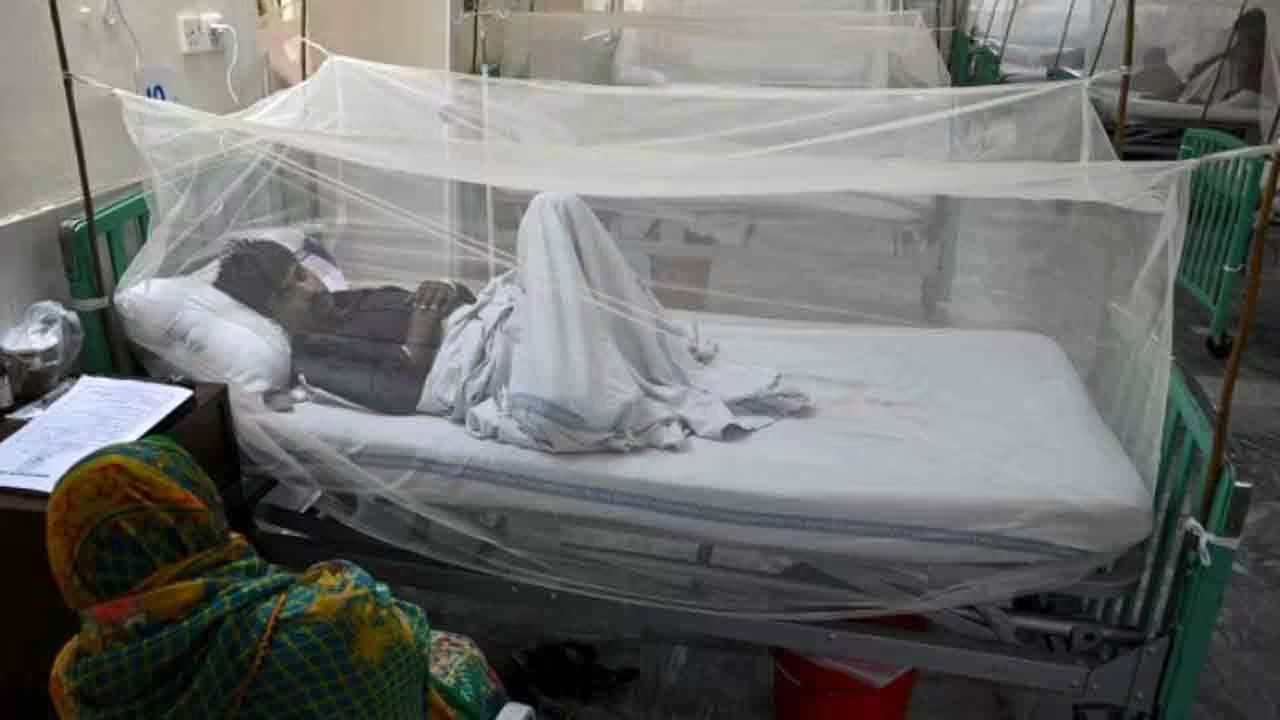The health authorities have issued a directive to ensure the judicious use of available pesticides and medical equipment for controlling dengue fever. This directive underscores the importance of maintaining functionality in all dengue-related equipment, including spray pumps, hand-carry fogging machines, and vehicle-mounted fogging machines.
Importance of Functional Equipment
To combat the spread of dengue fever effectively, it is crucial that all equipment used for dengue control is operational. The directive emphasizes that spray pumps, hand-carry fogging machines, and vehicle-mounted fogging machines must be regularly checked and maintained. These tools are essential for administering pesticides that eliminate mosquito larvae and reduce the adult mosquito population, thereby controlling the spread of dengue fever.
Coordination with Other Departments
Effective dengue control requires coordinated efforts among various departments. The directive calls for close collaboration with other departments engaged in dengue control activities. By working together, departments can ensure a more comprehensive and efficient response to dengue outbreaks. This coordination is vital for sharing resources, information, and strategies to tackle dengue fever effectively.
Dissemination of SOPs
The Dengue Prevention and Control Standard Operating Procedures (SOPs) for 2023-24 have already been published and disseminated to all districts. These SOPs provide a detailed framework for dengue control activities, outlining the necessary steps and precautions to be taken. Ensuring that all relevant personnel are familiar with these SOPs is crucial for maintaining a standardized and effective approach to dengue control across different regions.
Monitoring Building Roofs
Special attention must be given to monitoring the roofs of buildings, particularly during the monsoon and pre-monsoon seasons. Standing water on roofs can become breeding grounds for mosquitoes, significantly increasing the risk of dengue outbreaks. Regular inspections and maintenance of roofs to prevent water accumulation are essential preventive measures.
Judicious Use of Pesticides
The directive also highlights the need for the judicious use of pesticides. Overuse or misuse of pesticides can lead to environmental damage and resistance in mosquito populations. It is important to follow the recommended guidelines for pesticide application to ensure that it is both effective and environmentally responsible. Proper training for personnel involved in pesticide application is essential to achieve this balance.
Public Awareness and Community Involvement
In addition to the technical measures outlined in the directive, public awareness and community involvement are critical components of dengue control. Educating the public about the importance of eliminating mosquito breeding sites, using mosquito repellents, and seeking medical attention promptly if dengue symptoms appear can significantly reduce the spread of the disease. Community involvement in clean-up campaigns and other preventive measures can also enhance the overall effectiveness of dengue control efforts.
The directive from health authorities provides a comprehensive framework for controlling dengue fever. Ensuring the functionality of all dengue-related equipment, coordinating efforts among departments, adhering to the SOPs, monitoring building roofs, and using pesticides judiciously are all essential steps in this process. Additionally, public awareness and community involvement play vital roles in preventing dengue outbreaks. By implementing these measures effectively, we can significantly reduce the incidence of dengue fever and protect public health.



